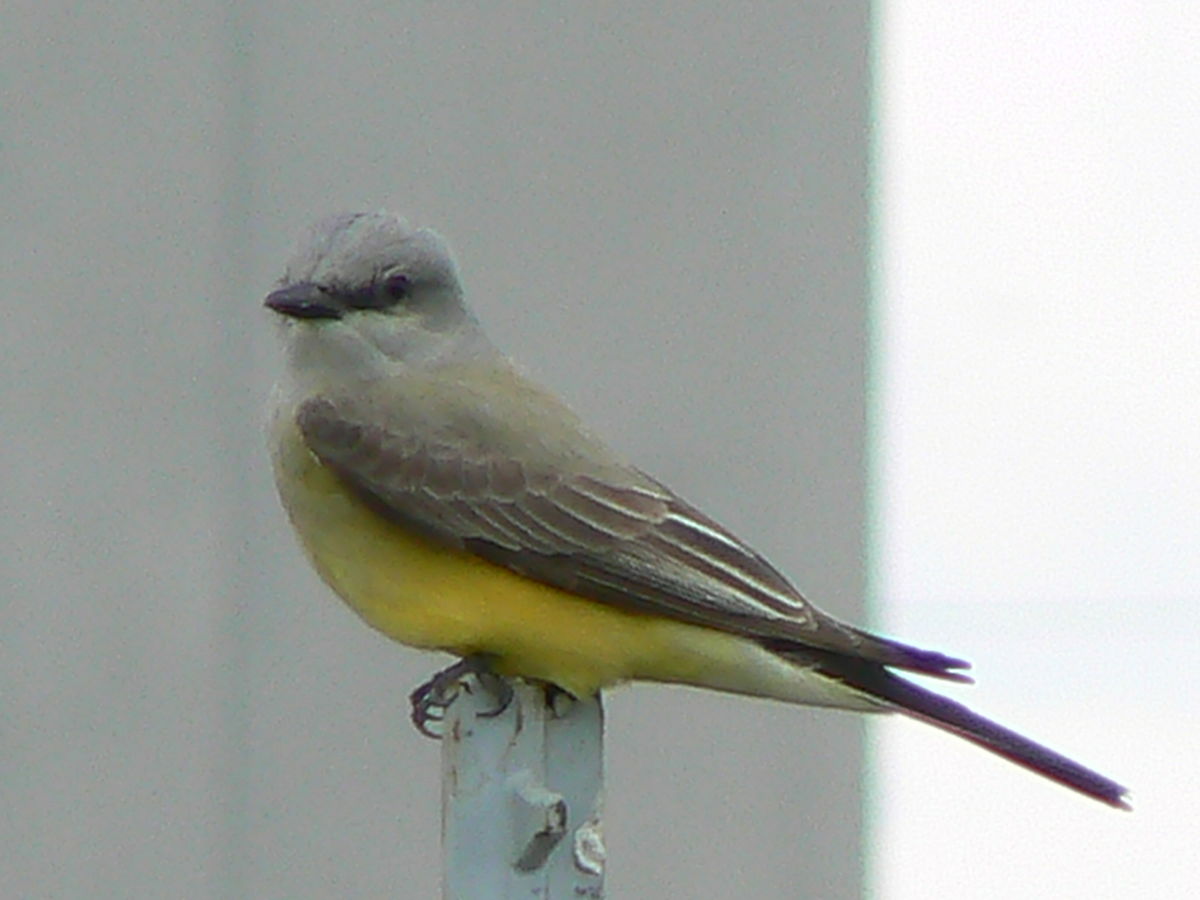Offer
Provide additional details about the offer you're running.
Provide additional details about the offer you're running.
Provide additional details about the offer you're running.

Feature Image By MONGO (Own work) [GFDL (http://www.gnu.org/copyleft/fdl.html) or CC-BY-SA-3.0 (http://creativecommons.org/licenses/by-sa/3.0/)], via Wikimedia Commons
Traditionally, these birds spend their summers breeding in the west, hence their name. Their U.S territory is roughly marked by most areas west of Texas in the south and Minnesota in the north. Their territory runs right to the Pacific Ocean, but they are absent from the coastal regions of Washington and Oregon. Here in Canada they can be found in the southern portions of British Columbia, Alberta, Saskatchewan and Manitoba before they head south to Central America for the winter.
Despite their name and the native range, there are increasingly more and more sightings of this western bird here in the east, particularly during the fall migration. These neotropical migrants have begun to consistently winter in central and southern Florida and many believe this is the reason we are seeing these birds here in the northeast before the onset of the cold winter months.
A quick glance at eBird.org displays sightings from this year dotted along the eastern seaboard of the United States. Maine, New Hampshire, Massachusetts, New York, New Jersey, Delaware, Virginia, North and South Carolina and Georgia all have reported multiple sightings.
Here in Canada there have been sightings right here in the Ottawa area, but then are not again seen until we reach the Maritime Provinces. Western Kingbirds have been reported in Nova Scotia and as far east as Lumsden, Newfoundland.
As we continue to navigate this somewhat irregular fall season, keep your eyes to the skies as you might get a once in a lifetime opportunity to spot a bird such as the Western Kingbird as few make their way through on their fall migration.
.
High Quality Blend